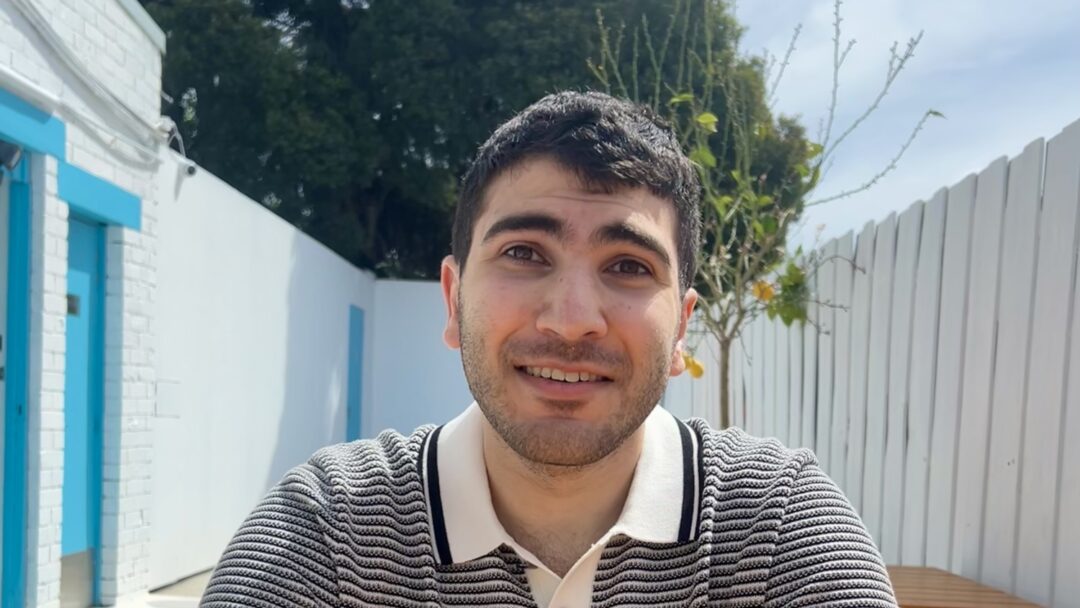Article
The lack of understanding/ awareness of connective tissue disorders in the medical community.

Content note: mention of suicide.
Preface:
While I’m generally quite critical of most of the medical community in how they go about treating chronic illnesses–especially when it involves chronic pain, I would be doing a disservice to the people in my life if I didn’t outwardly state that there still exists incredible doctors that go above and beyond the call of duty. While hard to find, I owe my life to the few doctors who were willing to go against the contemporary formula of ‘treating’ chronic illnesses. This article is not about them.
Connective tissue disorders like many genetic conditions live on a spectrum. For the vast majority of the wider population, very few medical complications ever arise and when they do they tend to be later in life. However, when it comes to genetic illnesses there are no rules of who will be affected, how they’ll be affected or even when. While some of these people tend to live very uneventful lives medically, those that don’t tend to fail in catastrophic ways which can lead to a loss of life either from an embolism or indirectly through suicide. It’s for this reason that Connective Tissue Diseases have earned their reputation for destroying lives both of those effected and the families who offer support. Yet despite this, the consensus that these conditions are mostly benign erroneously prevails.
There are two symbiotic aspects of medicine that need to be addressed when treating a geneticillness. Both are incredibly important and without one you cannot successfully treat the other. The first element is managing pain. Pain can be a debilitating condition that if not controlled destroys lives. Pain is often ignored by health professionals mainly due to its subjective nature. However in its extreme form, pain has the capacity to subject a person to a quality of life worse than death. It’s due to this reason that the second crucial element in treating chronic illness is in preventative medicine. If you can intervene before a condition degenerates, you can in theory prevent permanent disability or at the very least mitigate the fallout by halting or better yet breaking the cycle. Without putting in place a holistic approach that addresses both these aspects, it’s not uncommon for a person’s condition to spiral out of control.
In my opinion, Australia’s medical system often fails to address either element in a satisfying manner.
While genetic conditions can be extremely complicated to treat, a lot of the failure I see with the medical community is not due to inexperience but an unwillingness to look after complicated patients.
There seems to be a culture of avoiding responsibility and accountability. Often times there is an unwillingness to treat pain, which makes many holistic treatment plans unsuccessful. Gaslighting seems to be pervasive throughout all specialties with many doctors perpetually referring problematic patients away.
Even the doctors who claim to know connective tissue diseases seem to greatly exaggerate their skills–Often times their expertise don’t go any deeper than just being aware of the existence of genetic illness.
When there’s a failure at every level of medicine to treat an illness, it becomes very hard to point blame at anyone.
It was Charlie Munger who once said, "Show me the incentive and I'll show you the outcome.”. Well when I look at what incentive most doctors have in treating difficult illnesses, I find that there aren’t any. In fact with the way our guidelines work, AHPRA(Australian Health Practitioner Regulation Agency) only really punishes doctors for inappropriately prescribing or treating patients, but actively turns a blind eye when doctors go out of their way to not prescribe or treat their patients– which arguably can be worse.
Unfortunately for people like myself, we’ve been stuck in a catch 22 paradox for a long time now. A lack of interest to treat connective tissue disorders has created a culture that lacks any awareness and this lack of awareness reinforces and dictates a lack of interest. We’ve lived in the age of the internet for decades now and with the emergence of medical AI models, there shouldn't be any excuses for not knowing or being able to treat rare and complex conditions.
Yet these problems persist. And I believe among a myriad of other reasons, that this is partially due to an overburdened and hollowed out system that leaves a lot of people like myself in a terrible position. Do you wait for help to get better, or do you risk your life savings seeking treatment outside of the country?